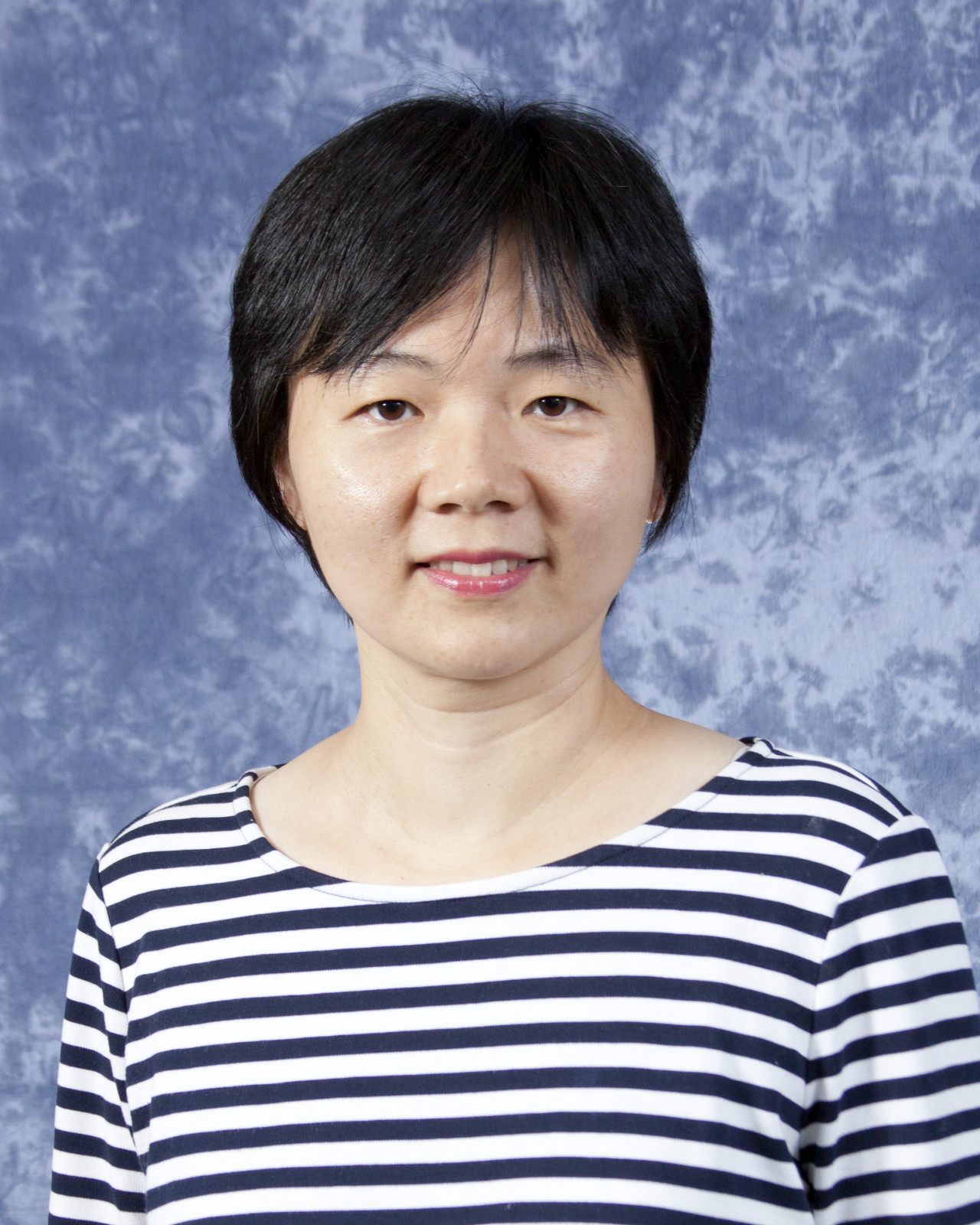About
Dr. Lu Zhang received her Ph.D. degree in epidemiology from Louisiana State University Health Sciences Center in 2016 and finished two-years post-doctoral training at Louisiana Tumor Registry after that. In July 2019, Dr. Zhang joined faculty of Department of Public Health Sciences in Clemson University.Dr. Zhang participated in several NIH funded and CDC funded research on risk factors and management of cancer, diabetes, and obesity. Dr. Zhang has intensive experience in analyzing population-based and hospital-based cancer data, national surveillance data, and claim data. Dr. Zhang has published 20 papers and served as reviewer for more than 20 journals in the field of public health. Currently Dr. Zhang is leading two projects on evaluating and improving the performance of lung cancer screening in South Carolina upstate patient population, in collaboration with clinical researchers from Prisma Health.
Visit Dr. Zhang's Faculty Profile
How their research is transforming health care
One of Dr. Zhang’s projects investigated individualized treatment for breast cancer(BC). Although BC has been identified as molecularly different diseases, the current clinical guidelines on chemotherapy implementation remain identical for each subtype. Chemotherapy can significantly improve survival, however, the toxicity from chemotherapy has been increasingly concerned.Dr. Zhang’s study for the first time identified the optimal cut-off points of chemotherapy relative dose intensity, which takes dosage and time interval of drug administration into account, for two main BC subtypes. These findings provide important information on balancing benefit and risk of chemotherapy, especially when toxicity from chemotherapy becomes a major concern.
Low-dose CT has been recommended as lung cancer screening(LCS)among high risk patient population, which can reduce lung cancer mortality for 20%. Prisma Health initiated a multidisciplinary program in 2015, providing LCS to South Carolina upstate residents. One ofDr. Zhang’s projects evaluates LCS program in Prisma Health, which aim to improve the program performance, reduce disparity, and identify the target population which needs future intervention.About a quarter of diabetic patients remained undiagnosed, partially due to the invasive, time-consuming, and expensive diagnosis testing. The first world-wide diabetes risk score was Finnish Diabetes Risk Score (FINDIRSC), which can be used as the first line screening to identify the high risk diabetic patients. Dr. Zhang for the first time evaluated FINDRISC in U.S. population and found it is valid and cost-effective. This study has been cited for more than 100 times by researchers from more than 20 countries.
Health Research Expertise Keywords
Faculty Scholar, Personalized treatment for breast cancer and prostate cancer, Lunc cancer screening, Risk factors and management of diabetes and obesity, Racial disparity, Epidemiology

